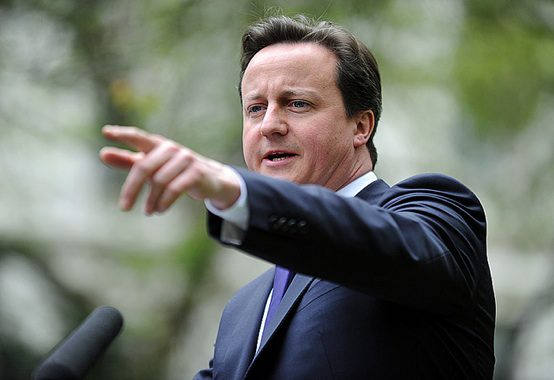Some Implications of the Leave Win

Now that the U.K. has voted to leave the EU, no one knows exactly what comes next, but we can see some general outlines of what is likely to happen. The vote itself does not automatically trigger British exit from the EU, and it will be up to the government to carry out what the electorate has endorsed. Much will depend on how punitive or magnanimous EU governments choose to be in dealing with the U.K. They can come to a fairly quick and fair arrangement that allows the U.K. and EU to conduct business with as little interruption as possible, or they can choose to make an example of the U.K. to discourage others from following its example. The latter course would be short-sighted and would only drive more people into the anti-EU camp, but no one has ever accused European political leaders of being particularly wise.
Most pro-Leave Conservatives profess not to want a leadership challenge against Cameron, so he will probably stay on for the foreseeable future, but he will do so as a severely diminished leader. It’s hard to think of any modern political leaders that have gambled and lost on a major issue as Cameron has and remained in office for very long. Despite having all of the country’s major parties and much of the media behind him, he lost the most consequential British election of the last forty years. Instead of quashing his Euroskeptic detractors, Cameron presided over their greatest success to date. Unless Cameron wants to provoke a schism in his party and a leadership challenge, he has to respect the referendum result and begin negotiations with the EU on withdrawal.
The consequences for Labour’s leadership may be no less serious. The party’s current and former leaders were remarkably unsuccessful in rallying their voters to the Remain side, and the support of a large bloc of Labour voters for Leave reflects the extent to which the latter feel abandoned and betrayed by their party over at least the last two decades. That has been obvious in the defection of Labour voters to the SNP and UKIP in recent years, and it is even harder to miss now. The fact that Wales voted for Leave reconfirms that Labour’s leaders have lost touch with their traditional strongholds.
Scotland was solidly for Remain by more than twenty points. It seems certain that the SNP will point to the gap between Scottish support for EU membership and English/Welsh support for leaving as proof that Scotland should go its own way. The concern that “Brexit” could lead to another Scottish independence referendum was valid, and the nationalists have a better chance to win the next vote. All of that will depend on how exactly withdrawal from the EU shapes British politics over the next few years, but it is a safe bet that there will be another referendum on independence within the next ten years.
Update: I was wrong about Cameron. He has announced his resignation, and will stay on for the next few months in a caretaker capacity.
2nd Update: Corbyn is facing a no-confidence motion.
[youtube https://www.youtube.com/watch?v=XaPw9wYnq1E&w=520&h=293]